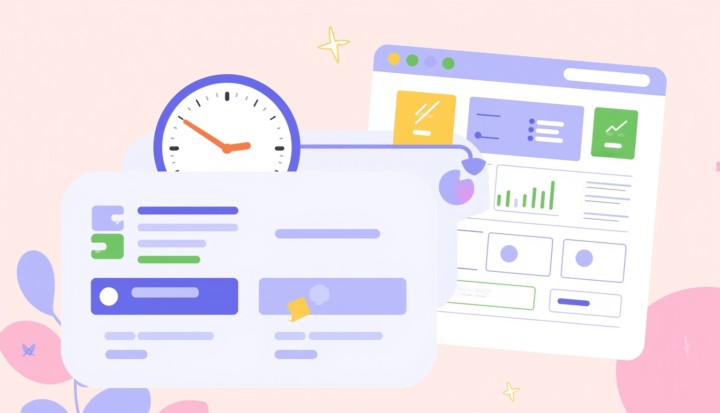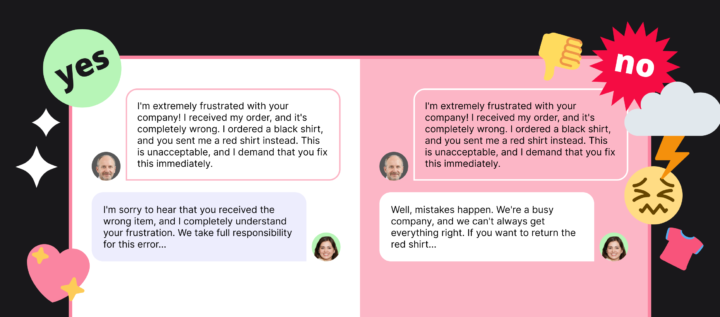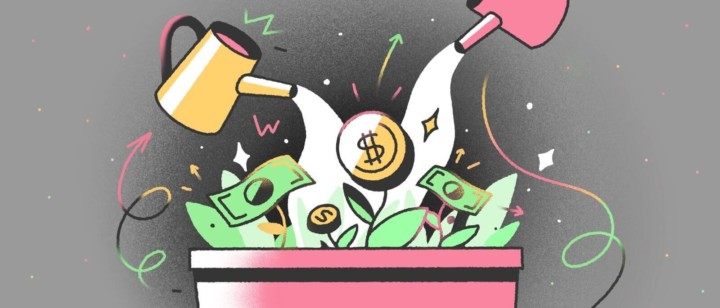What is the best AI sales CRM? Understanding its importance and features
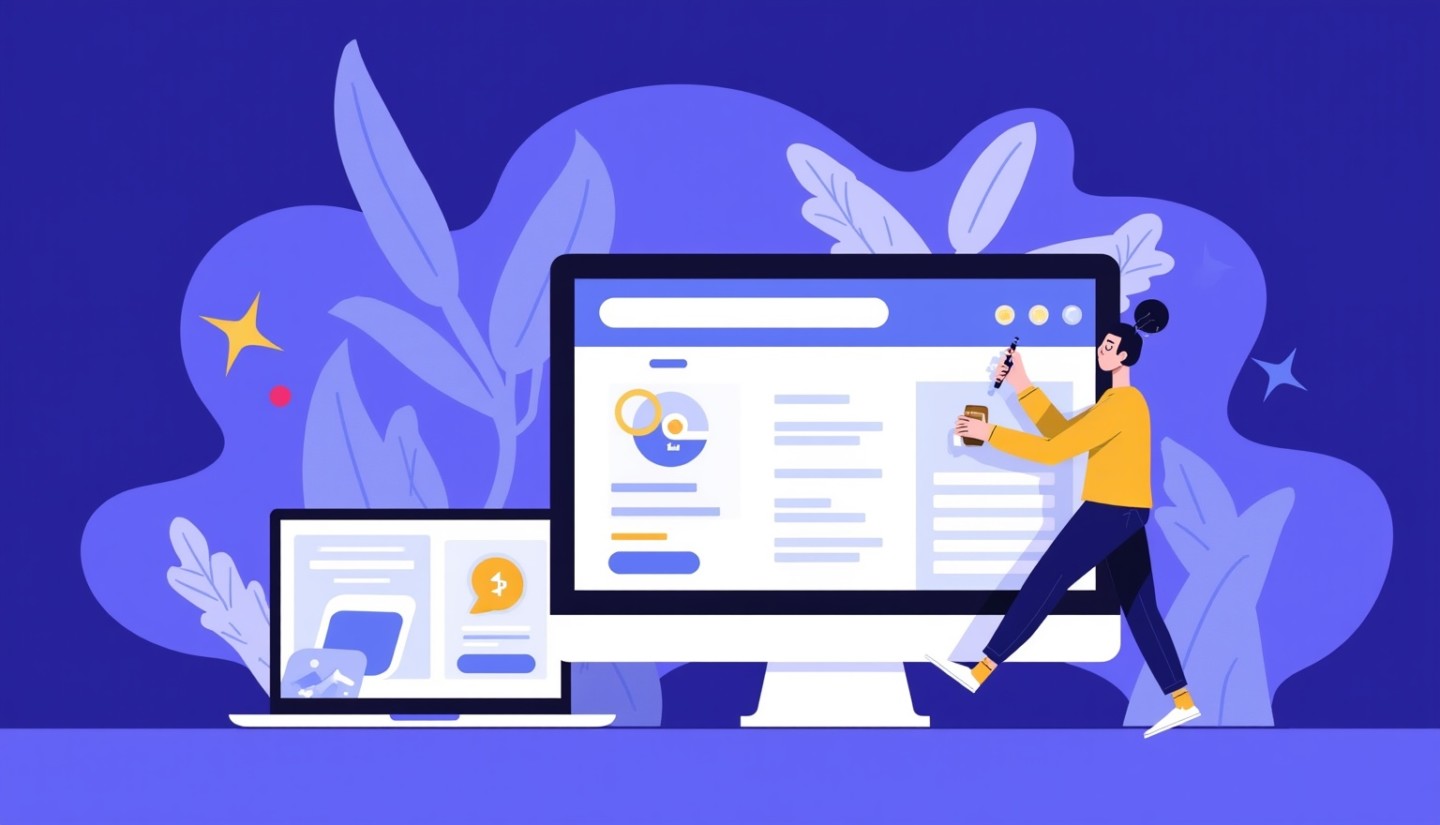
AI is not just a buzzword — it’s the driving force behind the future of sales. If you’re not already exploring AI-powered Customer Relationship Management (CRM) systems, you’re missing out on the edge you need to dominate your market.
Here’s the deal: 80% of marketers already use chatbots to enhance customer experiences. Why? Because AI doesn’t just save time — it transforms how sales teams work. Imagine automating the tedious stuff, diving deep into data, and spending more time on the interactions that actually matter. That’s the power of an AI-driven CRM.
With AI investment expected to skyrocket, getting this right is critical. This article is your roadmap to understanding why AI CRMs are a game-changer. You’ll learn what features to look for, which platforms deliver, and how to sidestep the pitfalls of integration. Let’s dive in.
The transformative power of AI in sales CRM
AI is reshaping CRMs from the ground up. It’s not just about managing relationships anymore; it’s about driving real results. 80% of marketers report success with AI tools like chatbots, and that’s just scratching the surface.
Take Dashly, for example. Our AI-powered marketing platform automates 90% of the appointment booking process for high-quality leads. Think about what that means for your team: less time wasted on unqualified prospects and more focus on closing deals.
Here’s the kicker: AI doesn’t just work harder; it works smarter. Dashly categorizes leads into high and low quality, with up to 93% of scheduled meetings actually attended. That’s efficiency on autopilot.
And the numbers don’t lie. By 2026, AI investment in retail alone is expected to hit $20.05 billion. If you’re not leveraging AI for hyper-personalization and better client experiences, you’re already behind.
Salesforce research shows 58% of employees prioritize ethical AI use.
Key features to look for in an AI sales CRM
Not all AI CRMs are created equal. If you’re shopping around, here’s what you need:
- Automated lead scoring. Don’t let your team waste time chasing dead ends. Dashly’s AI-powered lead scoring identifies MQLs based on budget and other criteria, automatically routing the rest through a self-serve funnel. The result? A 30% increase in conversion rates for businesses using similar systems.
- Predictive analytics. Imagine knowing what your customers need before they do. Predictive analytics in AI CRM not only assists in recognizing potential clients, but also in foreseeing their requirements, resulting in more efficient marketing strategies. Dashly’s predictive engagement boasts a 55% conversion rate from email opens to meetings.
- Customer segmentation. Personalization is the name of the game. Dashly’s chatbots segment and qualify leads, ensuring tailored communication that gets results.
- Automated nurturing campaigns. Whether it’s confirming meetings or following up on quiz completions, Dashly automates outreach to reduce no-shows and keep leads engaged. Their three-email sequence turns hesitations into bookings — freeing up your team’s bandwidth for bigger priorities.
These capabilities not only streamline the selling process but also align with a positive selling culture, which, as noted in recent research, is recognized by 90% of managers as vital for enhancing job satisfaction among representatives.
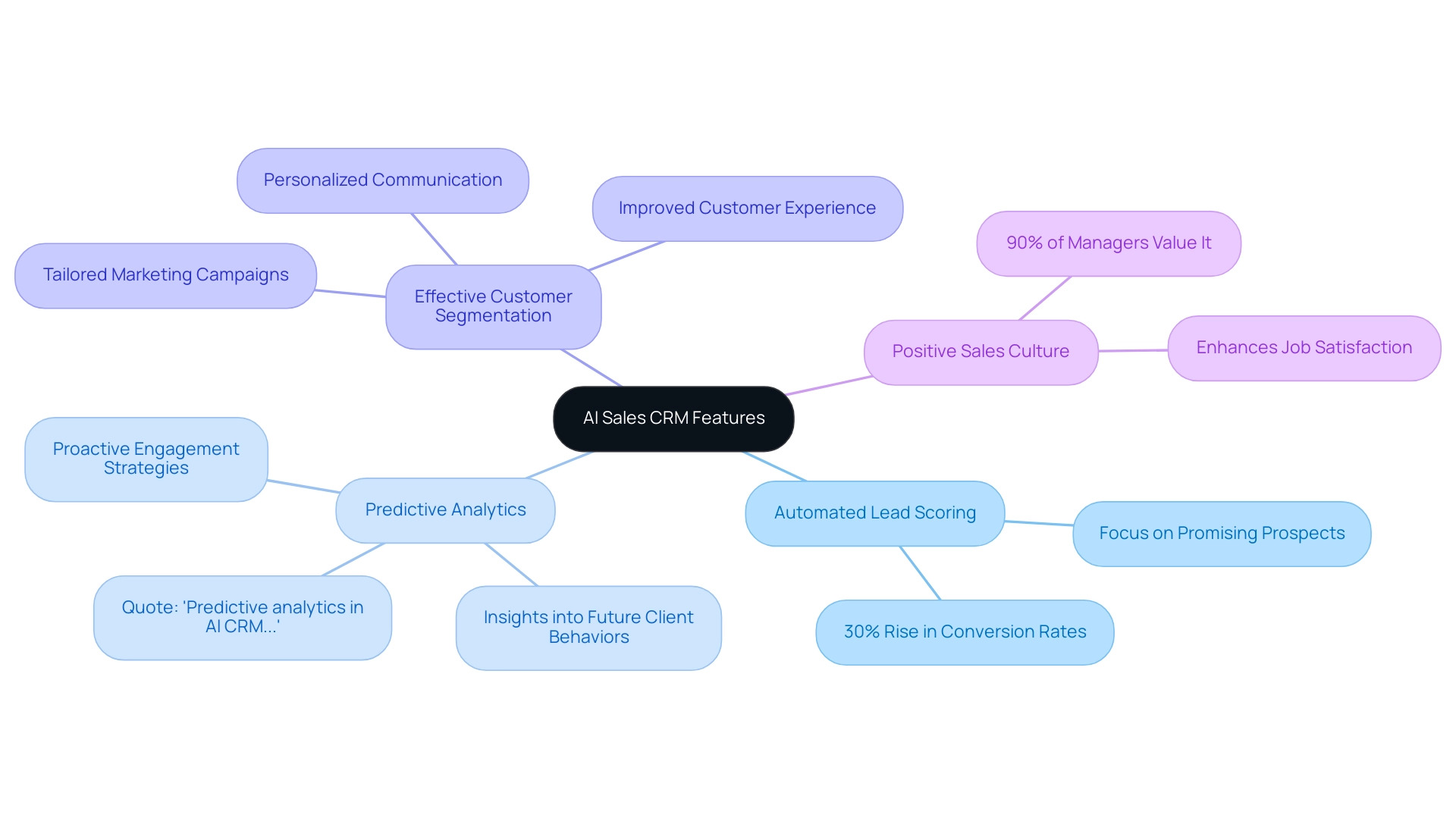
Comparing leading AI sales CRM solutions
The landscape of AI Sales CRM solutions is diverse, with several platforms providing unique advantages customized to various organizational needs.
- There’s Dashly, which brings something unique to the table. Designed for SMB and mid-market companies, Dashly automates lead qualification and follow-up while ensuring sales teams work smarter. Open rates outperform industry averages at 50-60%, meaning your emails won’t get lost in the abyss. And let’s not forget Dashly’s ability to schedule 75% of qualified leads into meetings. With numbers like that, it’s clear they’re solving the right problems.
- Salesforce Einstein excels in integrating seamlessly with existing Salesforce environments, equipping teams with robust AI capabilities for predictive analytics and automation. Recent updates to Salesforce Einstein include:
- Enhanced machine learning algorithms that improve lead scoring accuracy
- Introduction of new automation features that streamline repetitive tasks, enabling teams to focus on strategic initiatives.
This integration not only streamlines workflows but also enhances data-driven decision-making.
- In contrast, HubSpot CRM is noted for its user-friendly interface and comprehensive free tier, which makes it particularly accessible for small businesses looking to leverage AI without significant upfront investment. The latest updates to HubSpot CRM have introduced:
- Advanced reporting features
- Enhanced AI-driven insights, further empowering users to optimize their strategies.
- Zoho CRM distinguishes itself through extensive customization options, catering to organizations with specific requirements and workflows. For instance, companies have successfully customized Zoho CRM to manage distinct business processes, demonstrating its flexibility.
According to Statista, around 41.29% of marketers believe that AI email marketing improves market revenue, underscoring the importance of adopting effective CRM tools. Expert opinions highlight Salesforce Einstein’s capabilities in transforming sales processes, with industry leaders noting its effectiveness in enhancing productivity and revenue.
When comparing these platforms, it becomes essential to consider factors such as scalability, integration capabilities, and overall cost, ensuring alignment with your organization’s strategic objectives. This thorough evaluation will guide you in selecting the most suitable CRM solution to enhance customer engagement and drive revenue growth.
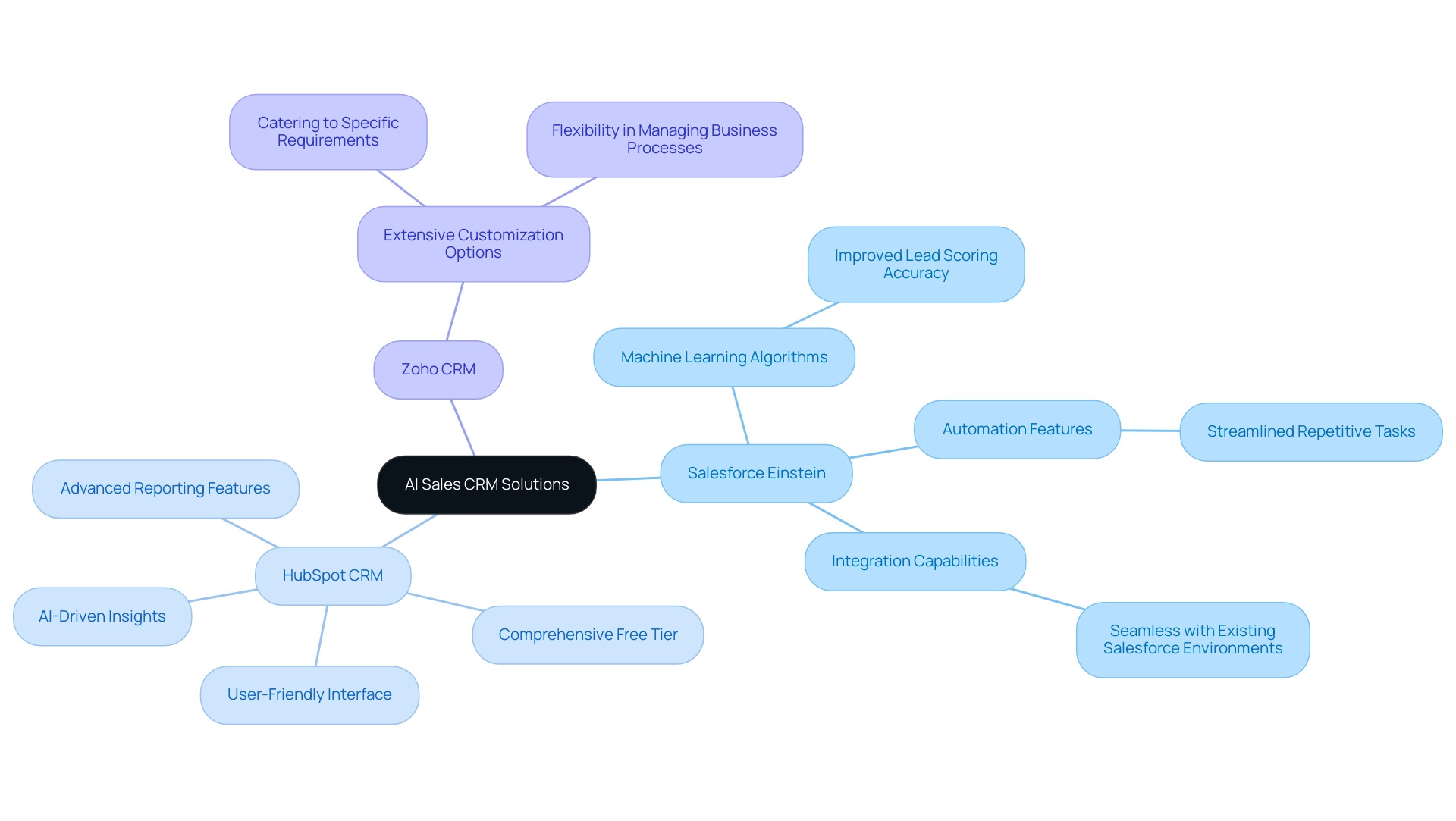
Integrating AI sales CRM with existing systems
Integrating an AI Sales CRM into your existing systems might seem daunting, but it doesn’t have to be. With the right strategy, what feels like a mountain becomes manageable. The key? Meticulous planning and picking tools with robust APIs.
Strong integration capabilities are essential. Why? They ensure seamless connections between your CRM and tools like email platforms or ERP systems. 54% of IT leaders are already using APIs to drive integrations, knowing this efficiency fuels growth. Don’t settle for less.
But first, do your homework. Analyze workflows, pinpoint bottlenecks, and clean up your data. Then, train your team — because even the best CRM fails without skilled users. Integration isn’t just technical; it’s about making the system work for your people.
Here’s why it’s worth the effort: CRM software isn’t just useful — it’s transformative. Revenue is projected to exceed $80 billion by 2025, and companies investing in CRMs see jaw-dropping returns. For every dollar spent, you can expect a payback of $30.48 or even $45.72, depending on the strategy.
Even better? Most businesses recoup their CRM investment in six months or less. With numbers like that, you’re not just integrating a system — you’re unlocking a competitive advantage.
Yes, it takes effort, but the payoff is massive. Plan well, train your team, and let the AI do the heavy lifting. Once it’s in place, you’ll wonder how you ever worked without it.
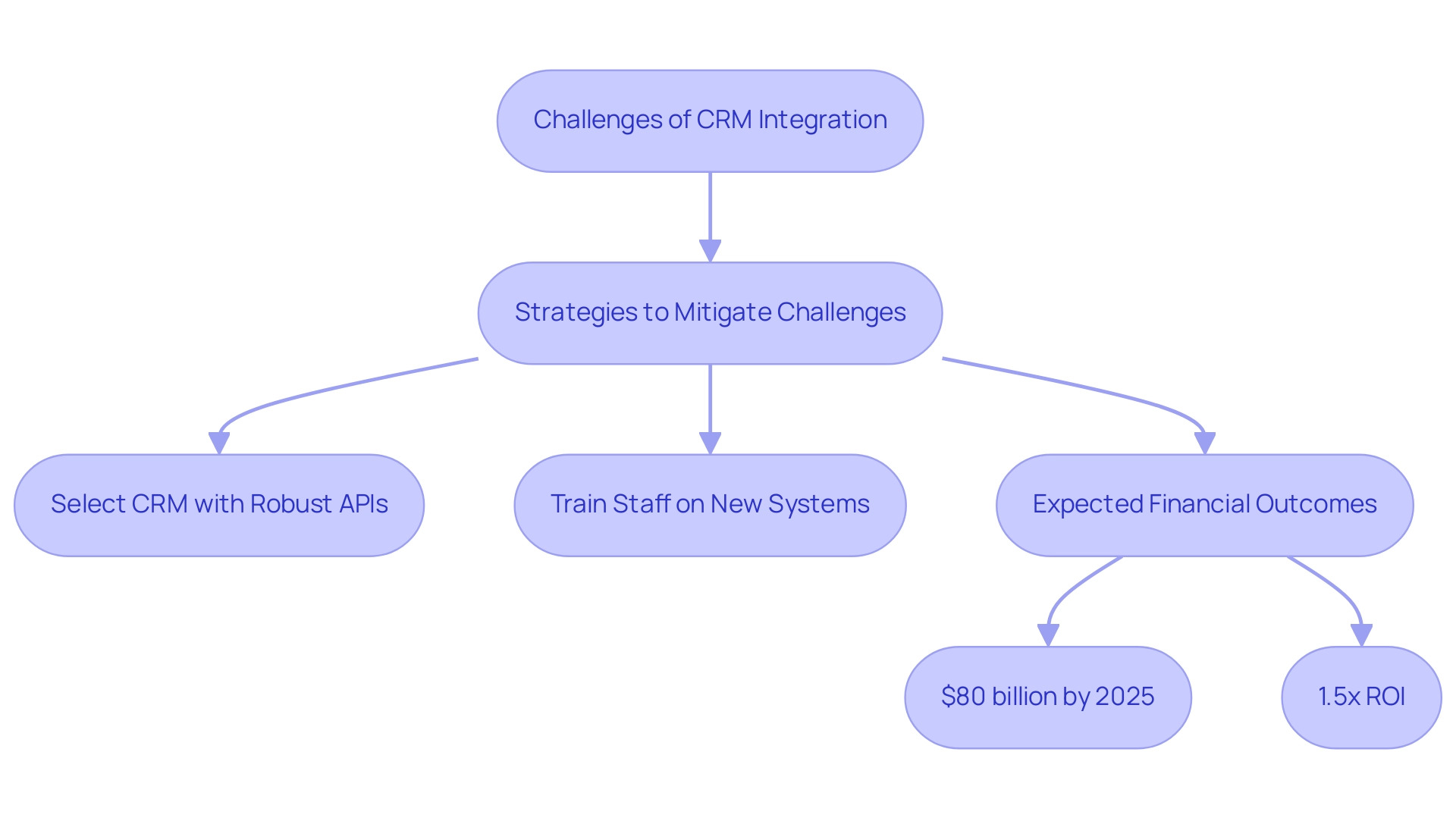
Future trends and innovations in AI sales CRM
AI isn’t slowing down — it’s evolving. Expect natural language processing (NLP) to revolutionize CRMs, enabling voice commands, smarter chatbots, and automated reporting.
Dashly is ahead of the curve. Their live chat features already use AI to qualify leads, and future enhancements could bring voice-powered interactions to your sales workflow.
But that’s not all. The integration of AI with augmented reality (AR) and virtual reality (VR) promises to create immersive customer experiences. Imagine walking a client through a virtual product demo, all powered by your CRM.
The bottom line? If you’re not adapting, you’re losing. AI isn’t just a tool — it’s the future of customer engagement.
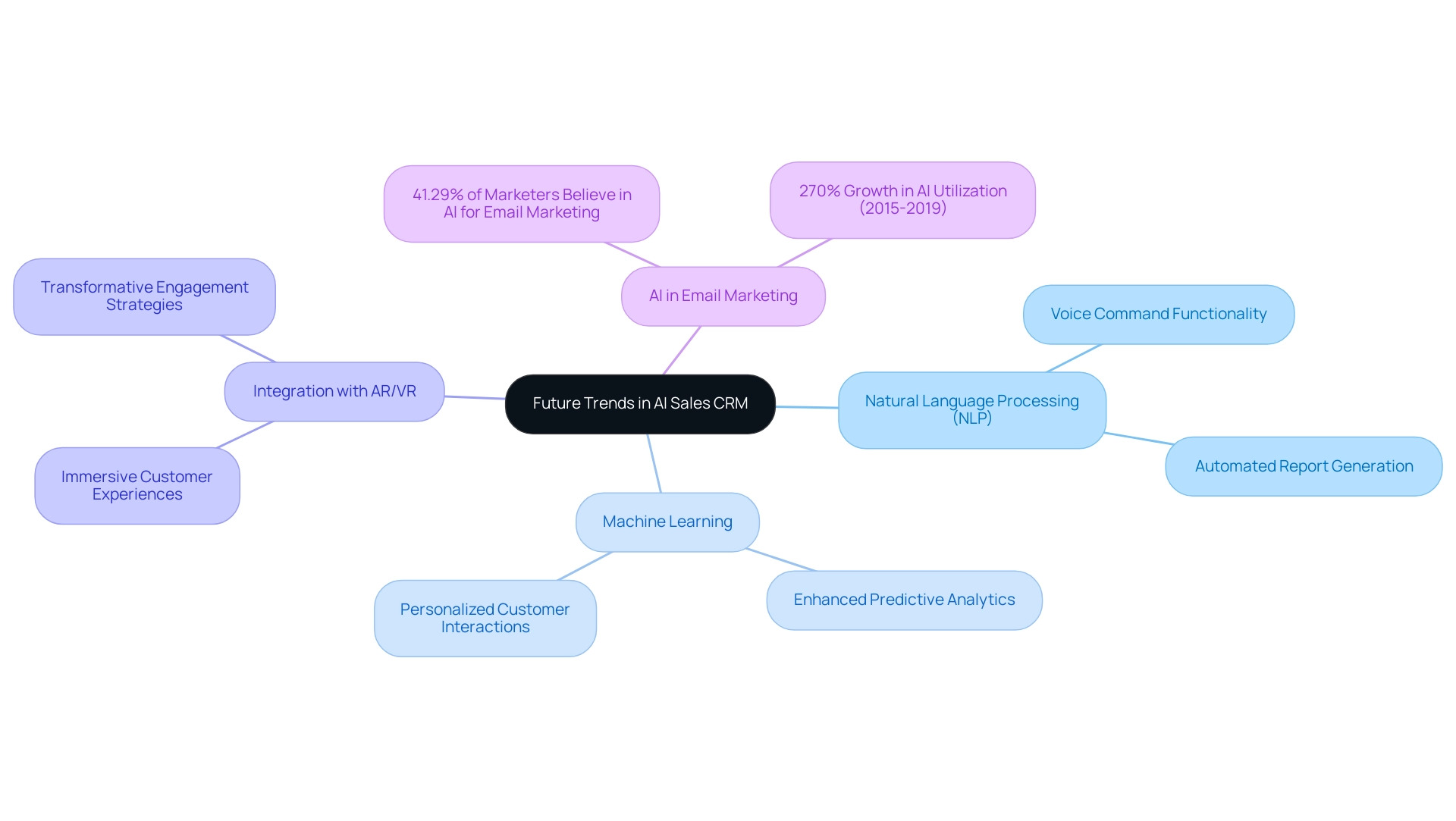
Wrapping up
AI in Sales CRM isn’t just a trend; it’s the secret weapon for businesses that want to win.
Automated lead scoring, predictive analytics, and seamless integration — they’re must-haves. Platforms like Dashly prove this by turning inbound traffic into high-quality leads and automating 90% of appointment bookings.
The numbers back it up: CRM systems are expected to generate $80 billion in revenue by 2025, with businesses recouping their investments in months. Dashly’s 98.3% accuracy in revenue forecasting and 75% lead-to-meeting scheduling success show how AI transforms potential into results.



